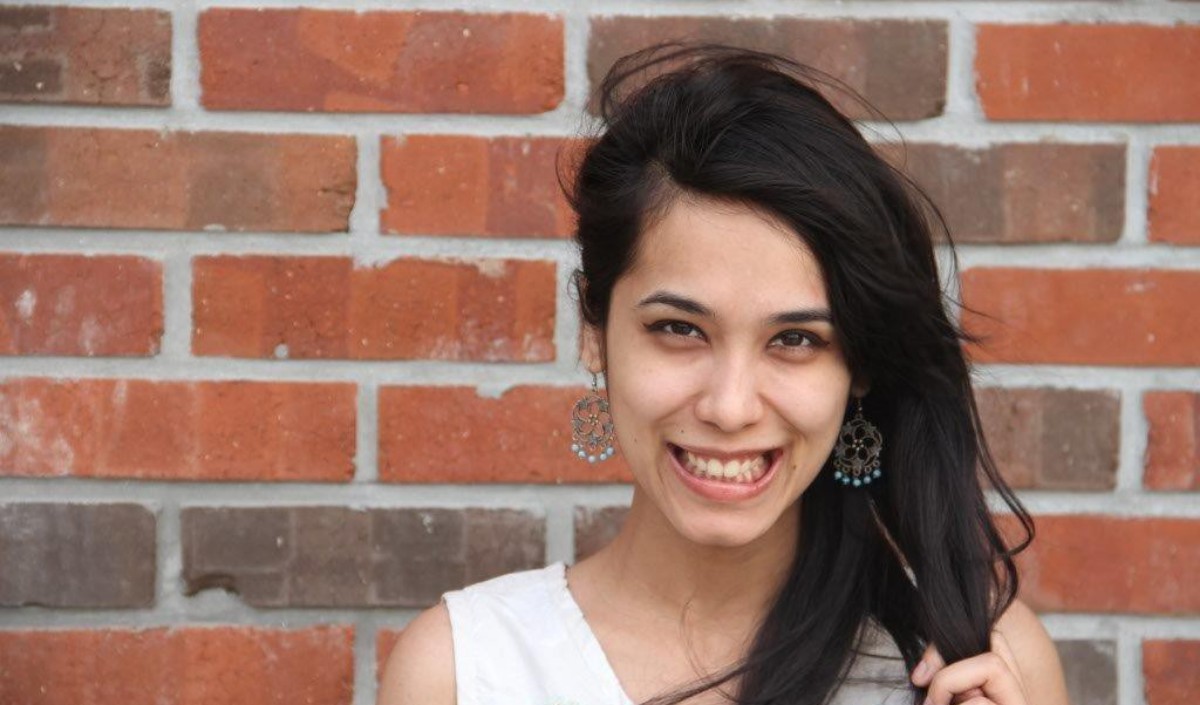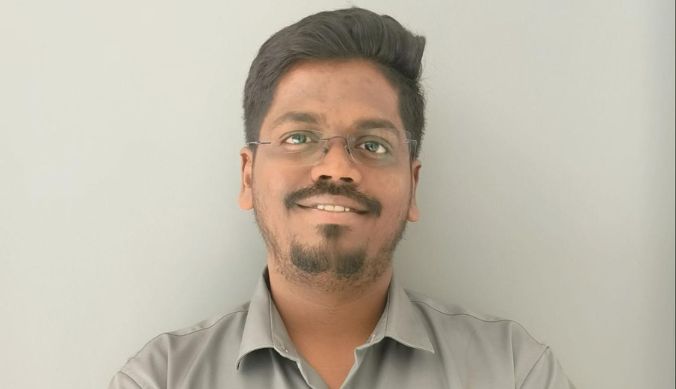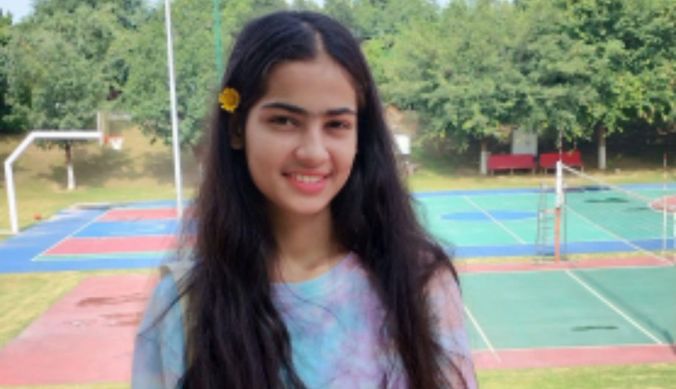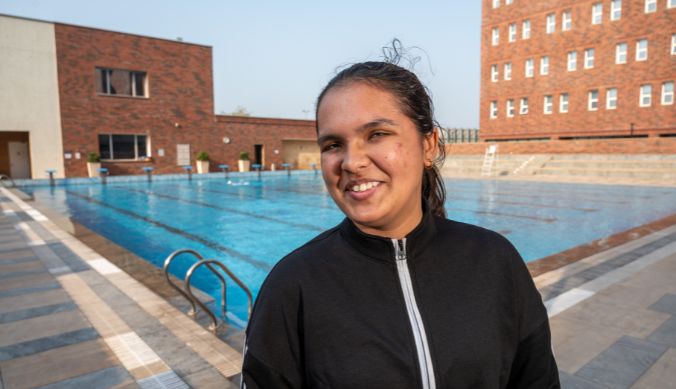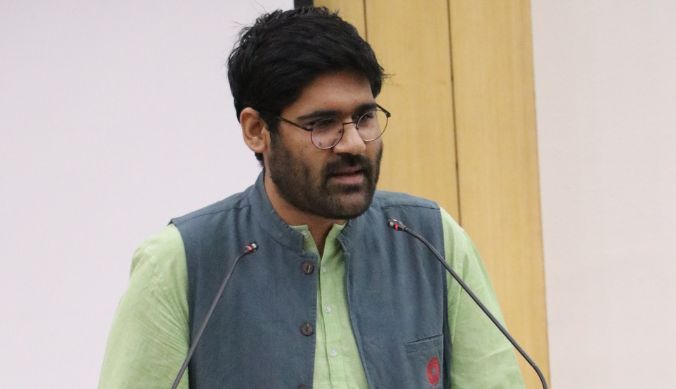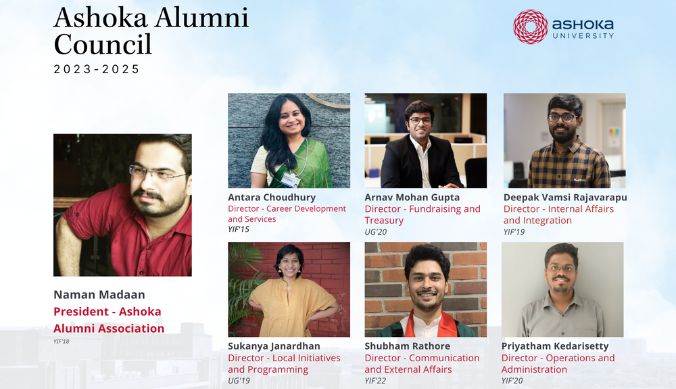Life after the Fellowship: Meghna Chaudhury
The Irrelevant Project – Feminist Books for Children to Teach Equality
Meghna Chaudhury, Young India Fellowship, Class of 2015, talks about her journey post the fellowship.
1) What has been your experience in the gender sensitization space?
Alishya and I started The Irrelevant Project (TIP) as an art-literary-curriculum venture to help children navigate prejudice in everyday life. What started off as an idea and a workshop, translated into five fully illustrated feminist books for children. Today, we work with schools and offer a 4 to 5 month program that can help children learn cognitive skill sets that can help them evaluate situations/decisions from an equality standpoint.
My journey into this space started in the Young India Fellowship (YIF), where, unbeknownst to myself, I had been pandering to a lot of patriarchal norms, including limiting the ambitions I could have for myself. We had a lot of feminists in our batch and conversations with them were, at first uncomfortable and then, enlightening. It turned into a very anxious period for me, given that I had to re-engineer my thought process and unlearn a lot of sexist notions I had worn as a “protective” cloak all my life. In hindsight, this process of re-engineering myself lit a spark, and a sort of fierceness, in me which I don’t think I had before. Till date, the energy to work on TIP, in parallel with my day job, comes from this fierce need to help others like me recognize the biases that surround them, overcome them and understand their full potential.

To be in this space is to be resilient — to learn to rebuild, even when you are known to be a killjoy; to have the courage to call out sexism, even if it comes from family or friends; to be able to overcome the anxiety of feeling lonely; and to taking difficult decisions which question your values and beliefs. To be in this space, especially that of a social entrepreneur, is to be audaciously tenacious. I’ve lost count of the number of times I have proposed the idea of the feminist books for children. Even before the first illustration was made, even when someone seemed least interested, I pitched the idea. When people were dismissive, their disenchantment fuelled me even more.
Finally, to be in this space is to always lend a voice, even if it is the smallest whisper, to the already growing uproar for equality.
2) How did idea of the books turn into reality?
We moved into writing stories sometime in December, 2016. How the books came around is a testament to human goodwill and beauty. A chance encounter with a traveller who needed a home in Assam led him to fund the initial number of books. After we faced rejection from several people, we found our illustrators. Multiple mocks and anxiety attacks later, the books were launched in January, 2018. It was sort of crowd-funded with skill, money, and support — authors and illustrators gave us their time, a website designer in Seattle worked tirelessly on developing our site and my traveller friend helped with the printing. Till date, we have not spent more than 1500 INR in marketing the books, everything has been organic and through word-of-mouth. I do not think of TIP as an Alishya – Meghna effort, it was the combined effort of 25 + individuals who put in their time and goodwill into seeing this idea turn into reality.

3) How has the Young India Fellowship (YIF) contributed to your achievements?
The YIF gave me my co-founder, my authors, my best friends and my lifelong interest in psychology. Ashwini was my flatmate, and the first time I heard of cognitive psychology was when she asked me questions from a book called Blindspot. It was so enthralling that I promptly bought an illustrated copy of the history of psychology and have not looked back ever since. Our entire intervention is evidence-based and all of this comes from reading over the last four years, learning and applying these amazing psychological discoveries in my everyday being. For example, did you know that just calling children as “students” versus “boys” and “girls”, can actually lead to thinking of gender in equal terms? I share interesting tidbits like this on our Instagram page where we feature academic papers in the field of prejudice and distill them into fun infographics for everyone to understand. It brings me tremendous joy when someone messages me to tell me that they were able to prove their point better because they coupled their experience and opinion with actual research and data points!
I am an entrepreneur who sits in her pajamas and speaks to her dog every waking moment. However, the only thing that has changed in my life, are my own expectations for myself. I expect a lot because I do not find myself tethered by norms anymore. I have no way to say this, except that I always knew I had a voice, I just did not know that it could be powerful someday.





